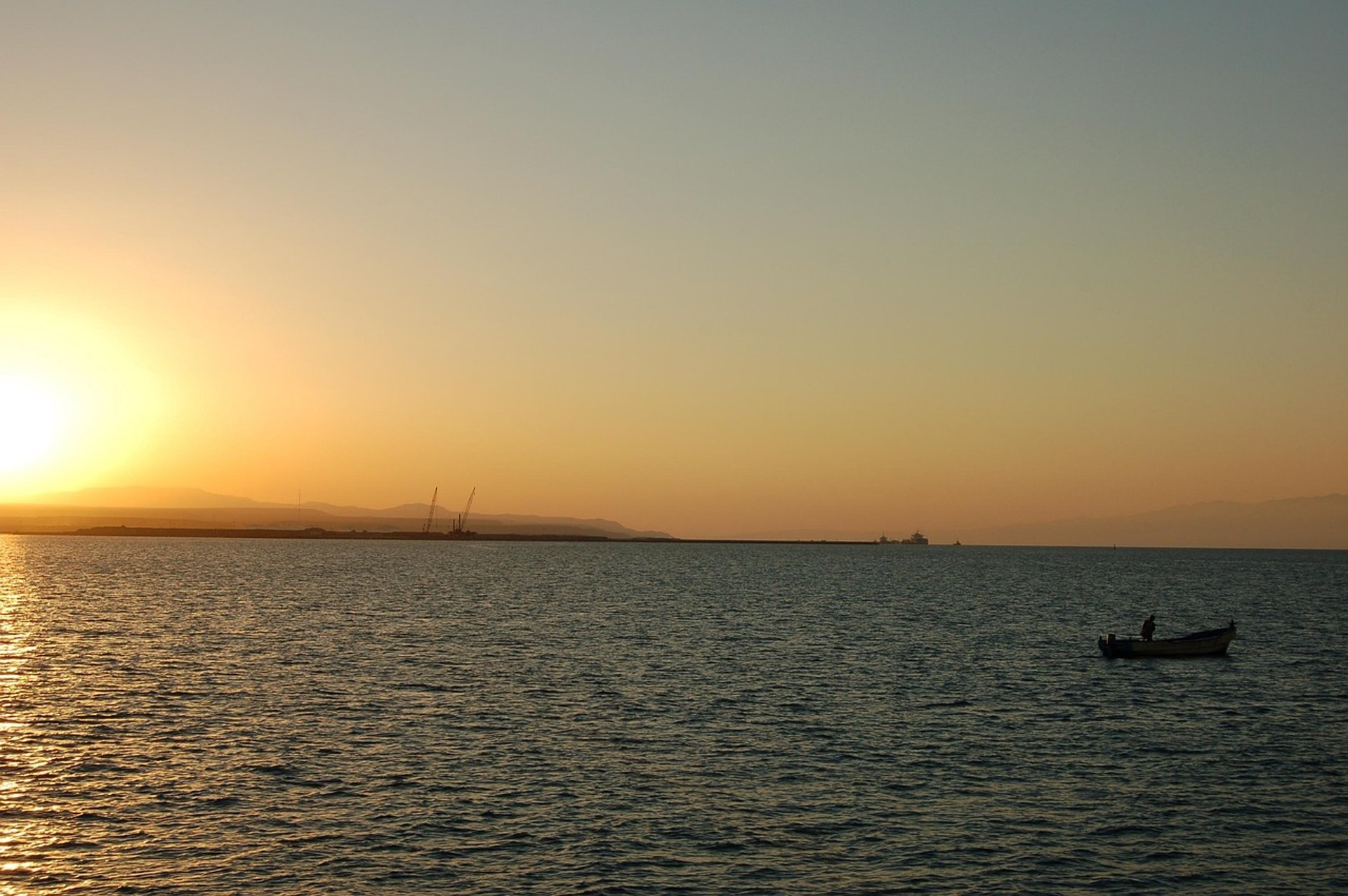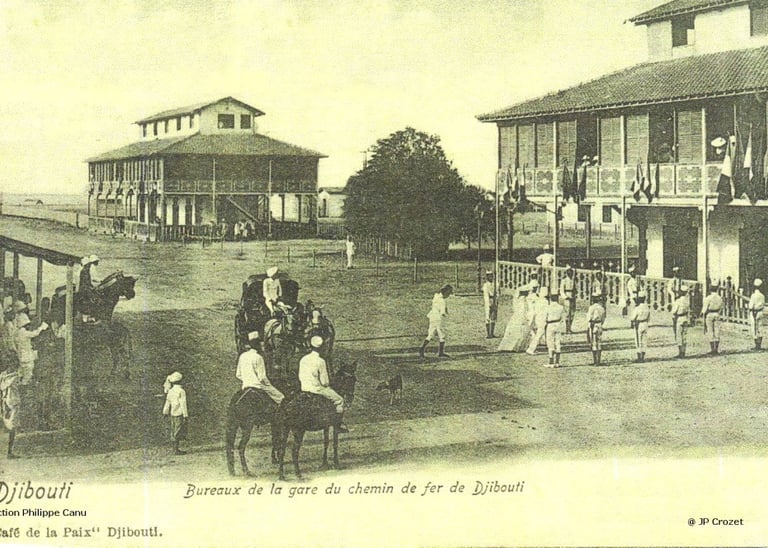
Explore Djibouti
Discover the vibrant culture and attractions of Djibouti City for an unforgettable experience.
Djibouti City, the capital of the Republic of Djibouti, was founded by French colonial authorities in 1888 on land leased from Somali and Afar sultans, rapidly evolving from a small settlement near the village of Ambouli into a strategic port. Officially designated the capital of French Somaliland in 1892, its growth accelerated with the construction of the Franco-Ethiopian Railway (1897–1917), linking it to Addis Ababa and transforming it into a vital trade hub for landlocked Ethiopia. The city’s deep-water port, modernized as a free port in 1949, became central to its economy, handling regional trade and serving as a refueling station for international shipping. Post-independence in 1977, Djibouti City retained its role as the nation’s political and economic heart, now hosting foreign military bases and the Intergovernmental Authority on Development (IGAD) headquarters. Culturally, the city reflects Djibouti’s Somali and Afar heritage, with Islam shaping daily life, architecture, and traditions, while its cosmopolitan history is evident in its blend of African, Arab, and European influences. Today, it remains a critical gateway between the Red Sea and Indian Ocean, leveraging its geopolitical significance to sustain its status as a global trade and logistics nexu


The Ethio-Djibouti railway is a cornerstone of Djibouti’s economy, serving as a critical conduit for maritime trade through its ports, which handle over 90% of Ethiopia’s seaborne imports and exports. As a nation reliant on port services and logistics, Djibouti’s strategic position at the Red Sea gateway is amplified by the railway, which funnels cargo from Ethiopia-its largest trade partner-to global markets via the Port of Doraleh. The modern electrified standard-gauge line (completed in 2017) has slashed transit times and reduced logistics costs, making Djibouti’s ports more competitive and attracting increased shipping activity. This infrastructure has spurred employment growth, creating 55,000 jobs and providing technical training for over 3,000 locals, while bolstering Djibouti’s GDP, which relies heavily on the transport sector (contributing significantly to its 5.9% annual growth). By anchoring regional integration and fostering cross-border economic ties, the railway solidifies Djibouti’s role as a logistics hub and ensures its centrality in East Africa’s trade networks



Explore the rich history of the iconic train connecting Ethiopia and Djibouti through time.
www.trainfrancoethiopien.com offers an engaging and unique overview of the Franco-Ethiopian Railway, highlighting its historical significance, scenic routes, and cultural experiences that travelers can enjoy.
www.trainfrancoethiopien.com is a unique and valuable resource for those interested in history
LEGAL DISCLAIMER
You find on this website photographs and images from www.trainfrancoethiopien.com, which are the exclusive property of their respective authors. Users are welcome to copy these materials for personal use only; however, any reproduction for commercial purposes or use on other sites requires explicit prior permission from the authors. To obtain the necessary permissions, please reach out to the authors at jpcrozet@trainfrancoethiopien.com.
We also want to extend our gratitude to all contributors for their invaluable assistance and gracious participation. Thank you for respecting the intellectual property rights associated with this content.
Ethiopian comic books and artwork for diverse audiences.
COntact US
+1234567890

